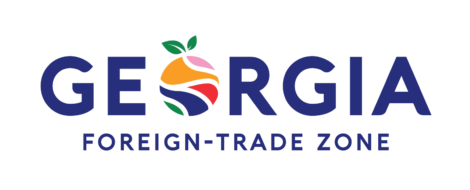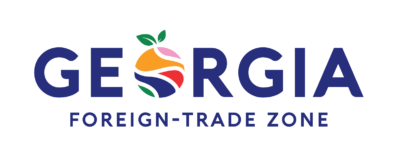Georgia Foreign-Trade Zone Program Benefits Japanese Companies (and Thousands of Their Local Employees)
Originally published in Global Atlanta
Few bilateral economic relationships are as important to Georgia’s economy as its ties to Japan. Since the 1970s, the Peach State has repeatedly shown its friends in Tokyo that Georgia is a hub for investment and business opportunities.
Our pro-business policies, world-class transportation and highly educated and skilled workforce has led Japan to invest more than $12 billion in the state through some 600 Japanese-affiliated companies that employ more than 35,000 Georgians. It has become, undoubtedly, a special relationship.
Next week, Lt. Gov. Geoff Duncan, Congressman Drew Ferguson and more than a dozen state legislators will join Japanese officials and business leaders to celebrate economic ties that are healthy, mutually beneficial and prosperous. This extraordinary evening will also help to draw attention to the U.S. Foreign-Trade Zone program which is used by some of the largest and most successful Japanese firms operating in the state.
Kubota Manufacturing of America Corp., Yamaha Motor Mfg. Corp. of America, Ricoh Electronics, Makita Corp. of America, Nisshinbo Automotive Manufacturing Inc. and Mizuno USA – all of which work with Georgia Foreign-Trade Zone (GFTZ) to access the benefits of the FTZ program – employ more than 6,000 people in the state.
GFTZ and state leaders want Japanese firms to thrive after they plant their flags in Georgia soil. By encouraging more global businesses to seize the benefits of the FTZ program, we are helping to secure the state’s economy against potential downturns by keeping America competitive. And, at the same time, Japanese officials are helping Japanese businesses secure a competitive edge that could save them millions of dollars annually.
The savings that businesses realize come through deferred, delayed or eliminated tariffs and fees, supply chain optimization through direct delivery and a hard cap on otherwise expensive merchandise processing fees normally paid on each bill of lading received. See more on the program in an earlier commentary
All told, more than $10 billion in merchandise moves in and out of our zone every year, helping to make Georgia a hub for global trade and strengthening local economies with jobs and untold millions of dollars every year in business for local firms that support global operations.
As businesses start to realize savings from the FTZ program they are better able to make capital investments and spend on logistics. And as they grow, so too does public spending on rail, highway, port and utility infrastructure to support the movement of people and goods. Each of those projects are job creators, too.
When a business joins the FTZ program, it tells employees and local communities that it is acting responsibly by reducing its costs and doing everything possible to find a competitive edge. It is seemingly engrained in the business culture of Japanese firms to place a special emphasis on these two priorities, which is part of the reason so many Japanese businesses are thriving in our state.
Over the past 40 years, Georgia has become the undisputed center of Japanese industry in the Southeast. We look forward to celebrating this and supercharging our relationship by helping to make the Georgia-Japan relationship even stronger by supporting the operations and bottom lines of businesses across the state and in every plausible industry.
Julie Brown is the President and CEO of Georgia Foreign-Trade Zone, which administers FTZ #26, a service area that covers parts of 60-plus counties within 60 miles or a 90 minute drive from Hartsfield-Jackson Atlanta International Airport.

